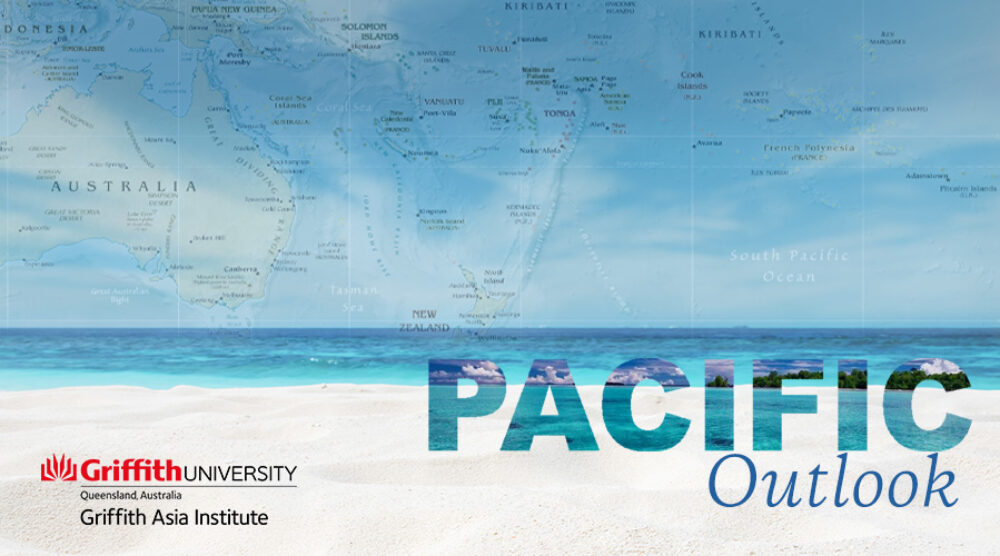TESS NEWTON CAIN |
COVID in Tuvalu
After successfully keeping COVID-19 out of the country for the best part of three years, Tuvalu is now dealing with its first experience of community transmission. The government has reported over 1,200 cases and the transmission has extended to the outer islands of the country.
So far, the number of hospitalisations is in single figures and there have yet to be any deaths reported. In Tuvalu, there is a high level of vaccination among the population. The WHO records 97% of the eligible population having received at least two vaccination shots with 81% having had at least one booster dose.
This comes at the same time as Tuvalu is battling a severe drought. The government has declared a State of Public Emergency in relation to the drought. Lower than normal rainfall has left some communities struggling to access sufficient water as tank levels drop.
French Polynesia to introduce a cap on tourist numbers
French Polynesia intends to introduce a cap on the number of tourists that can visit the country during each year. This comes as tourism in the country is continuing to recover slowly after COVID-19 brought it to a standstill.
The plan to cap the number of visitors to 280,000 per year is part of a drive to make the tourism industry more sustainable. A five-year plan seeks to focus on low volume, high yield tourism with boutique offerings, including for small and medium sized cruise ships, that carry up to 700 passengers. The plan also focuses on more eco-tourism offerings.
The proposed cap comes in at just under the pre-pandemic record number of 299,518 visitors in 2019. In 2021, the country welcomed around 90,000 visitors. Tourism is a key sector of the economy in French Polynesia and provides significant employment opportunities.
Tuvalu and Vanuatu lead call for non-proliferation treaty
COP27 is underway in Egypt. Pacific delegations have been hard at work in negotiations and during numerous side events to get the most out of what has been dubbed the “implementation” COP. This week sees ministers and leaders arrive to finalise negotiations.
Tuvalu and Vanuatu have led the call for a non-proliferation of fossil fuels treaty. The concept is modelled on the global treaty on the non-proliferation of nuclear weapons. It envisages an international agreement to halt any expansion of fossil fuel projects across the globe and manage a just transition to a decarbonised future.
The idea has been welcomed by activists, scientists, many city mayors and the Vatican City. However, it has not yet received the backing of any countries that are major emitters. Whilst COP27 will likely see momentum for this initiative build, it is not likely to be included in the final communiqué.
Cyberattack in Vanuatu
In Vanuatu government systems have been offline for more than a week as a result of a major cyberattack. The entire government broadband system has been paralysed leaving many agencies without access to email, databases, and other services. Some agencies have resorted to manual processing to keep going.
The government received a ransom from the hackers and has refused to pay what was demanded. Australian agencies are assisting the Vanuatu government in dealing with the situation, which is now into its second week. There has been no information released as to who the hackers are or where they are located.
There were concerns that public servants would not be paid because of the problem. However, this appears to have been avoided although the government advised that pay advices may be delayed. It is not clear how much data has been lost as a result of the attack.
Tess Newton Cain is an Adjunct Associate Professor at the Griffith Asia Institute and project lead of the Pacific Hub.








